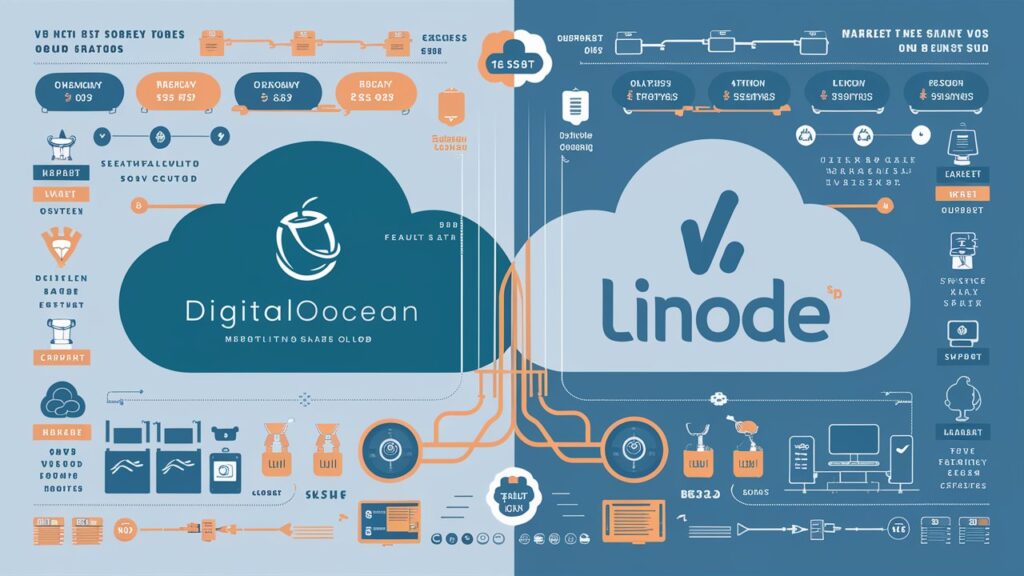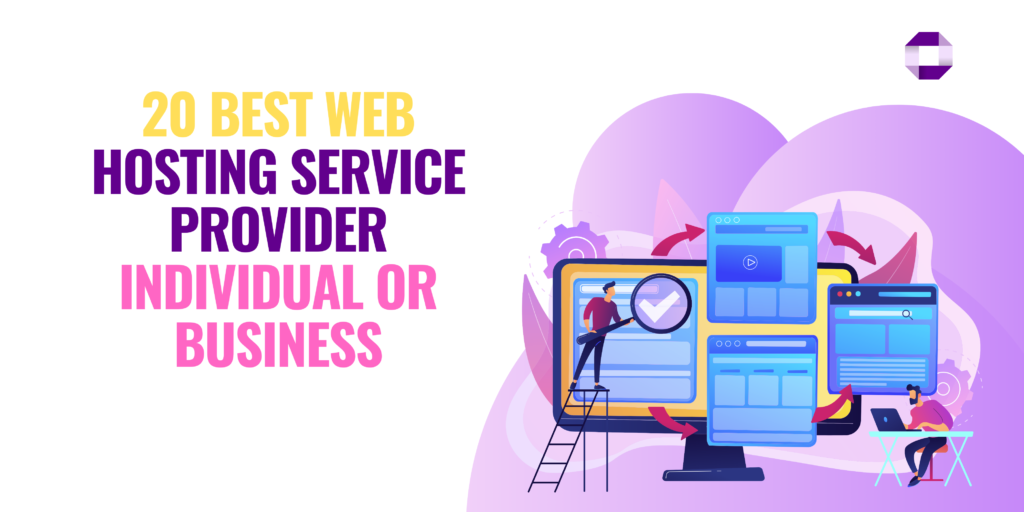Both DigitalOcean and Cloudflare are popular cloud-based services, but they cater to different needs and use cases. Here’s a review and recommendation to help you decide which one is best for your needs:
DigitalOcean:
DigitalOcean is a cloud infrastructure provider that offers virtual private servers (VPS) and managed Kubernetes clusters. Here are some pros and cons:
Pros:
- Easy to use: DigitalOcean has a user-friendly interface and a simple setup process, making it easy for developers to get started.
- Affordable: DigitalOcean’s pricing is competitive, with plans starting at $5/month for a basic VPS.
- Fast performance: DigitalOcean’s infrastructure is designed for speed, with fast SSD storage and multiple data centers worldwide.
- Scalability: DigitalOcean’s servers are highly scalable, allowing you to easily add or remove resources as needed.
Cons:
- Limited features: DigitalOcean is primarily focused on providing basic cloud infrastructure, so it may not offer the same level of advanced features as other providers.
- No managed services: DigitalOcean does not offer managed services like monitoring, backup, or security, so you’ll need to handle these tasks yourself.
Cloudflare:
Cloudflare is a content delivery network (CDN) and security company that offers a range of services, including website acceleration, DNS management, and security features. Here are some pros and cons:
Pros:
- Comprehensive security: Cloudflare offers advanced security features like DDoS protection, SSL encryption, and bot detection.
- Global CDN: Cloudflare has a massive global network of servers, ensuring fast content delivery and low latency.
- Easy setup: Cloudflare’s interface is user-friendly, making it easy to set up and manage your services.
- Scalability: Cloudflare can handle high traffic volumes and large-scale applications.
Cons:
- Steep learning curve: Cloudflare has a lot of features and options, which can be overwhelming for beginners.
- Additional costs: Some Cloudflare features require additional fees, such as their enterprise plans or add-ons like load balancing.
- Limited control: As a managed service, you have limited control over the underlying infrastructure.
Recommendation:
If you’re looking for:
- Basic cloud infrastructure for hosting websites or applications, go with DigitalOcean.
- Advanced security features and content delivery capabilities for your website or application, choose Cloudflare.
If you’re building a small to medium-sized website or application that requires basic infrastructure and scalability, DigitalOcean might be the better choice. However, if you need robust security features, global content delivery, and scalability for high-traffic applications, Cloudflare might be the better option. 30 Best Selling WordPress Themes
Here are some scenarios where each service might be suitable:
- Scenario 1: Building a simple website with minimal requirements -> DigitalOcean
- Scenario 2: Building a high-traffic e-commerce site with advanced security needs -> Cloudflare
- Scenario 3: Creating a scalable application with complex infrastructure requirements -> DigitalOcean
- Scenario 4: Protecting a website from DDoS attacks and improving content delivery -> Cloudflare
Ultimately, the choice between DigitalOcean and Cloudflare depends on your specific needs and priorities.



